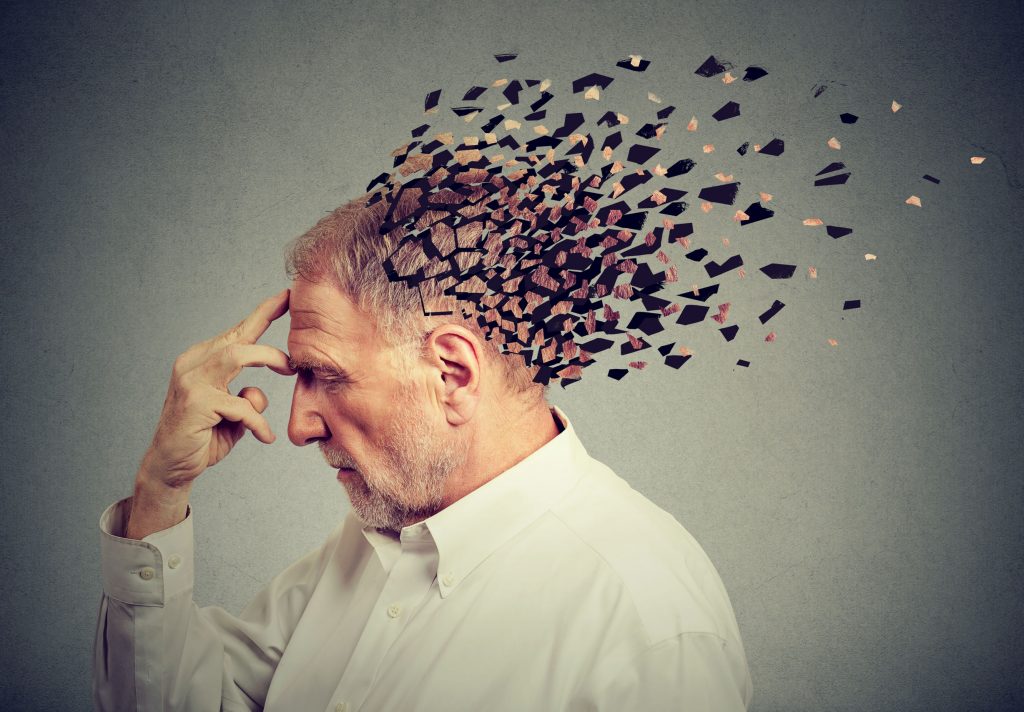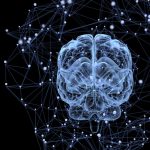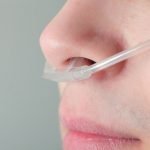Node Smith, ND
Senior author Professor Bryce Vissel, from the UTS Centre for Neuroscience & Regenerative Medicine, said his team used novel behavioral, molecular and computational techniques to investigate memories that have not been well-formed, and how the brain deals with them.
Study shows the same mechanism that updates poor memories can also severely distort them if it occurs in the wrong situation
He explained, “For memories to be useful, they have to have been well-formed during an event — that is, they have to accurately reflect what actually happened.
“However, in the real world, many memories are likely to be inaccurate — especially in situations where the experience was brief, sudden or highly emotional, as can often occur during trauma. Inaccurate memories can also occur when the memory is poorly encoded, potentially as a result of subtle differences in how each person processes memory or because of disease like Alzheimer’s or dementia.”
Lead author Dr Raphael Zinn said, “Our findings are exciting because they show that memory updating mechanisms that become activated after recall can refine and improve memories. Surprisingly, we found that the same process can, in some circumstances, lead to incorrect updating of the memory. We also identify one molecular mechanism, called reconsolidation, which could be mediating this process.”
This suggests we might be able to target such updating mechanisms therapeutically to treat memory and anxiety disorders where memory formation is poor.”
Six-year study suggests we might be able to target updating mechanisms therapeutically to treat memory and anxiety disorders
The 6-year study shows that the same mechanism that updates poor memories can also severely distort them if it occurs in the wrong situation.
Professor Vissel said these findings could be useful for understanding memory fallibility in everyday life; fear and memory disorders, post-traumatic stress disorder (PTSD); and situations where accurate recall is critical, like witness testimony in courtrooms.
“While these findings come from studies in mice, this research is likely to apply across many animals with developed brains, including other mammals and humans. They might also tie in with dementias, where the main memory-related problem is an apparent inability to form accurate new memories.
Why is memory fallible?
Our study suggests that when an individual forms a poor memory, the brain reactivates the memory in a similar situation and then updates it. Sometimes a poorly formed memory can be wrongly reactivated in a similar, but irrelevant, situation. The brain may then update the memory from that irrelevant situation, causing the memory to become incorrect — rather than creating a new and entirely different memory of the new situation.”
This study was led by the UTS Centre for Neuroscience & Regenerative Medicine, in close collaboration with leading UCLA scientists Frank Krasne and Michael Fanselow.
1. Raphael Zinn, Jessica Leake, Franklin B. Krasne, Laura H. Corbit, Michael S. Fanselow, Bryce Vissel. Maladaptive Properties of Context-Impoverished Memories. Current Biology, 2020; DOI: 10.1016/j.cub.2020.04.040

Node Smith, ND, is a naturopathic physician in Humboldt, Saskatchewan and associate editor and continuing education director for NDNR. His mission is serving relationships that support the process of transformation, and that ultimately lead to healthier people, businesses and communities. His primary therapeutic tools include counselling, homeopathy, diet and the use of cold water combined with exercise. Node considers health to be a reflection of the relationships a person or a business has with themselves, with God and with those around them. In order to cure disease and to heal, these relationships must be specifically considered. Node has worked intimately with many groups and organizations within the naturopathic profession, and helped found the non-profit, Association for Naturopathic Revitalization (ANR), which works to promote and facilitate experiential education in vitalism.





